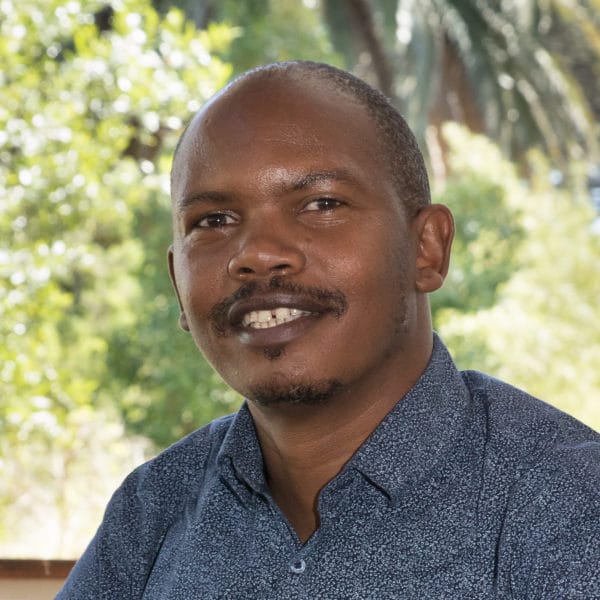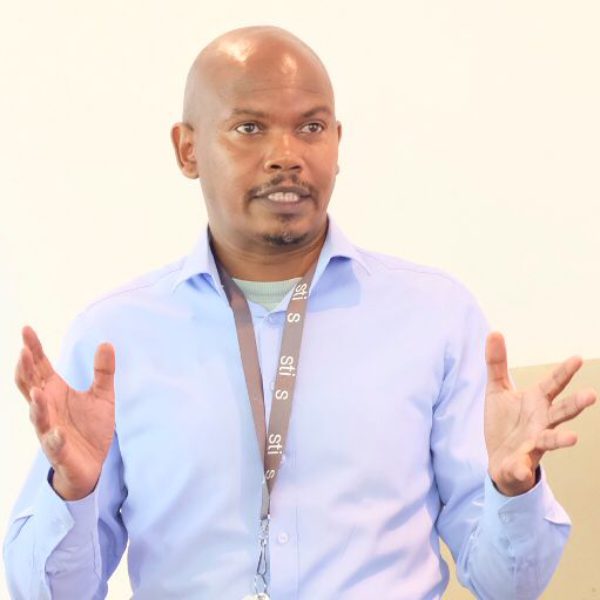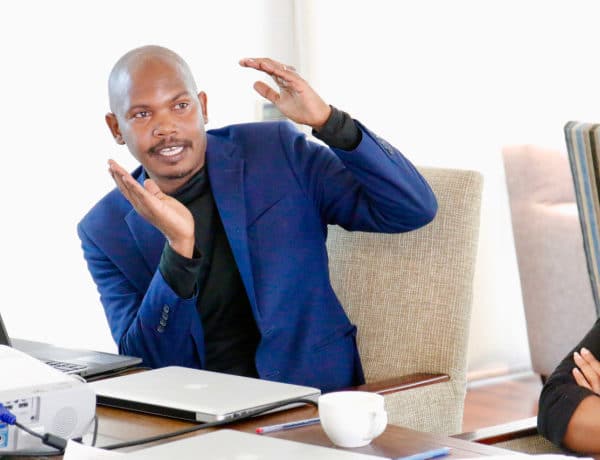Recently, there has been a renewed interest in discussions pertaining to ‘social inclusion’, largely resulting from adoption by the United Nations, of the UN 2030 Agenda encompassing the new Sustainable Development Goals (SDGs), and a commitment by States to ‘leave no one behind’ during SDGs implantation. Some African countries are however uniquely positioned in the above arrangement. They are home to the remaining ‘hunter-gatherers’, meaning traditional communities that make a living predominantly through collecting wild fruits and hunting wild animals. Examples include the Hadzabe of Tanzania and the Pigmies of Rwanda. These Communities totally depend of land and natural resources for their physical and cultural survival as distinct groups. However, they lack robust legal protection of their ancestral lands, partly because most governments regard hunting and gathering to be at variance with the dominant development paradigms. Yet security of land tenure is central to social inclusion and to the communities’ ability to escape poverty and inequalities, inline the SDGs’ leaving no one behind commitment. By consulting different disciplinary and interdisciplinary domains, this multidisciplinary academic project aims to propose for customization by States, a range of alternative approaches and tools for addressing the challenge of social exclusion facing Africa’s hunter-gatherer communities.
Menu
Project:
Spotlighting social inclusion: protection of Africa’s hunter gatherers’ communal land rights in the context of sustainable development goals (SDGs) implementation
Related news
Related news
Share this project:
Share on whatsapp
WhatsApp
Share on email
Email
Share on facebook
Facebook
Share on twitter
Twitter
Share on linkedin
LinkedIn
Is any information on this page incorrect or outdated? Please notify Ms. Nel-Mari Loock at [email protected].



